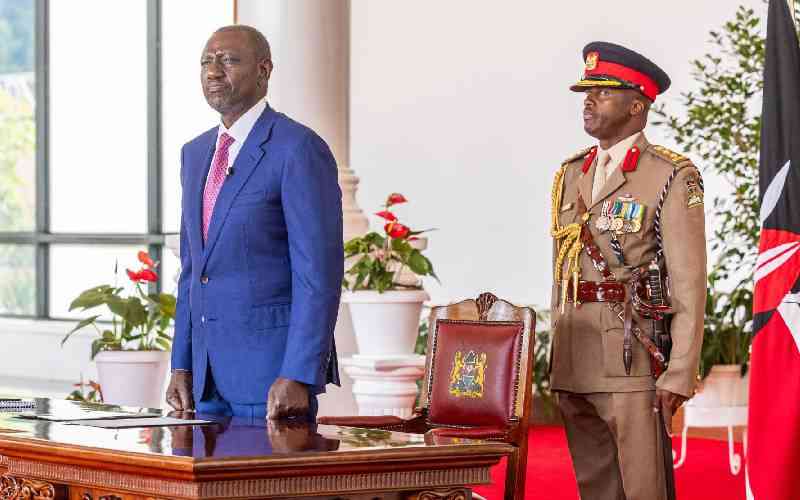
The order to stop the live coverage and the subsequent switching off TV stations by the Communications Authority of Kenya (CA) during the nationwide demos this last Wednesday saw the final relegation of Kenya to a place among the least democratic nations of the world. Thanks to recent actions by the William Ruto-led Kenya Kwanza regime, our country, which has one of the world's most progressive constitutions 15 years ago, and which offers refuge to those fleeing persecution by authoritarian governments, is no longer the bastion of democracy in the region.
State-sanctioned rights violations, including the senseless execution, harassment, arrest, abductions, torture and disappearance of journalists and whistle-blowers, anti-regime protesters and critics, opposition figures and rights advocates, have increasingly hurt Kenya's standing as both a democracy and peaceful country. The Ruto government has not only presided over a return to the moral pliancy, official venality and parliamentary sycophancy of decades past—typified by the muzzling of the media, a clampdown on dissent, the co-option into government of opposition figures and the elevation of praise-singers to plum State jobs—but also accepted a role in the indirect persecution of regime critics in neighbouring countries.
Not long ago, in Nairobi, with the help of Kenyan security agents, Ugandan opposition figure Kizza Besigye was abducted and later arraigned—against the law—in a military court in his home country, where he was charged with treason. A female Tanzanian journalist and a critic of the Samia Suluhu regime was also arrested in a similar fashion.
But it was the ill-advised move to jam TV channel signals last week though, that marked Kenya's ultimate fall from the pedestal of global democracies. For the co-mishelmsmanship of Ruto and Raila Odinga, Kenya will soon be ranked among nations and states that form the odious sphere of global autocracies, where political dissent is a punishable offence, including by death, and, for political expediency, both media and internet blackouts are enforced at whim by a tiny ruling elite.
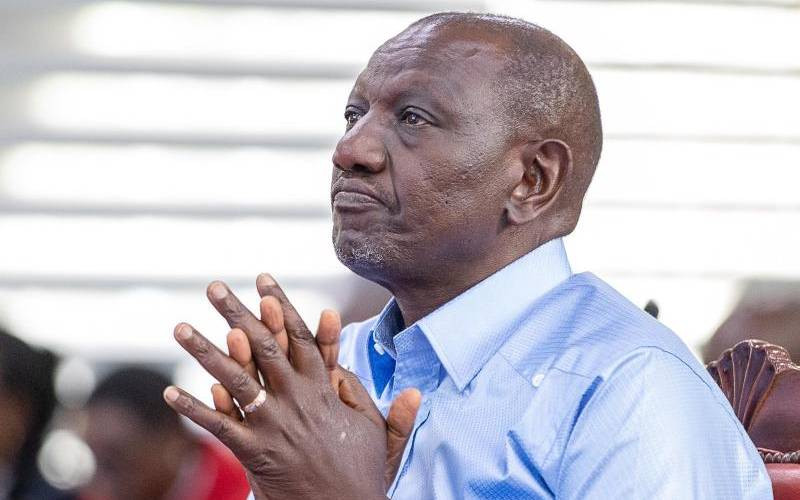
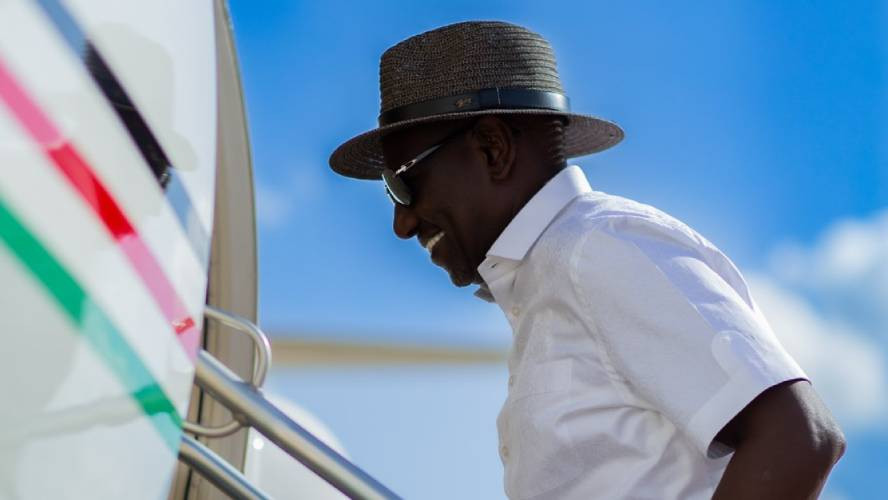
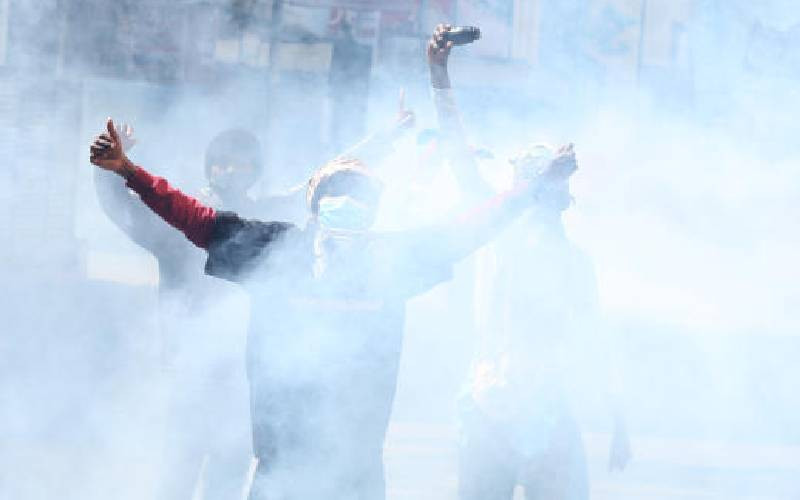
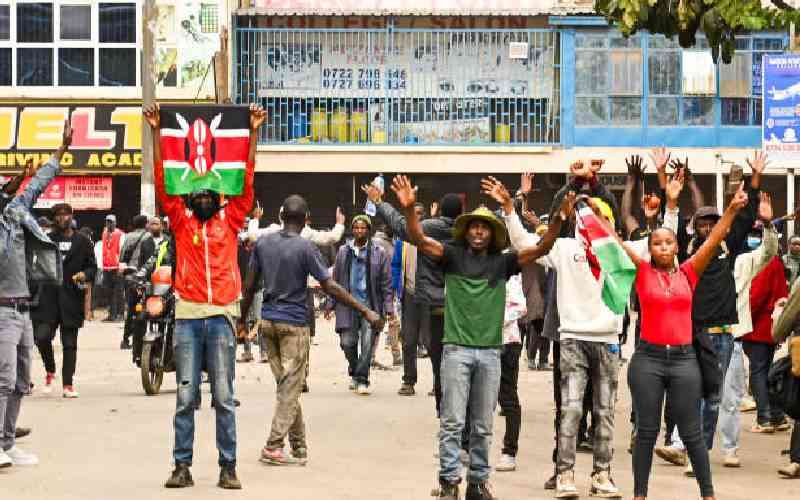
Kenya is treading dangerously on a path to the eternal, starless midnight of disenlightenment where the public no longer have nor enjoy a constitutional right to information. Only in absolute dictatorships are ruling party politicians and their opposition allies allowed to hire and arm goons to join police in the brutalisation of peaceful, unarmed anti-regime protesters and the looting of private businesses while pleading peace, stability and national unity.
The media blackout may have been informed by a desire to hedge against the blot of Kenya's fast-growing reputation as a protest-hit jurisdiction. It, however, only succeeded in marking—and adding to—a reputational new low for both the Ruto regime and the country. Ruto's Kenya is quite redolent of Idi Amin's Uganda (1971-1979) where one voiced dissent on the pain of death, scholars and thinkers were muzzled into silence and fled abroad, and foreign-owned businesses divested in a frenzy, leaving in their wake a slump-hit economy. Internationally, Kenya now shares the same image with dictatorships, where it's typically not safe to assemble, speak truth to power, voice dissent, freely express ideas, seek, access and disseminate information, live as an exiled prisoner of conscience, tour and invest.
Mr Baraza is a writer and historian